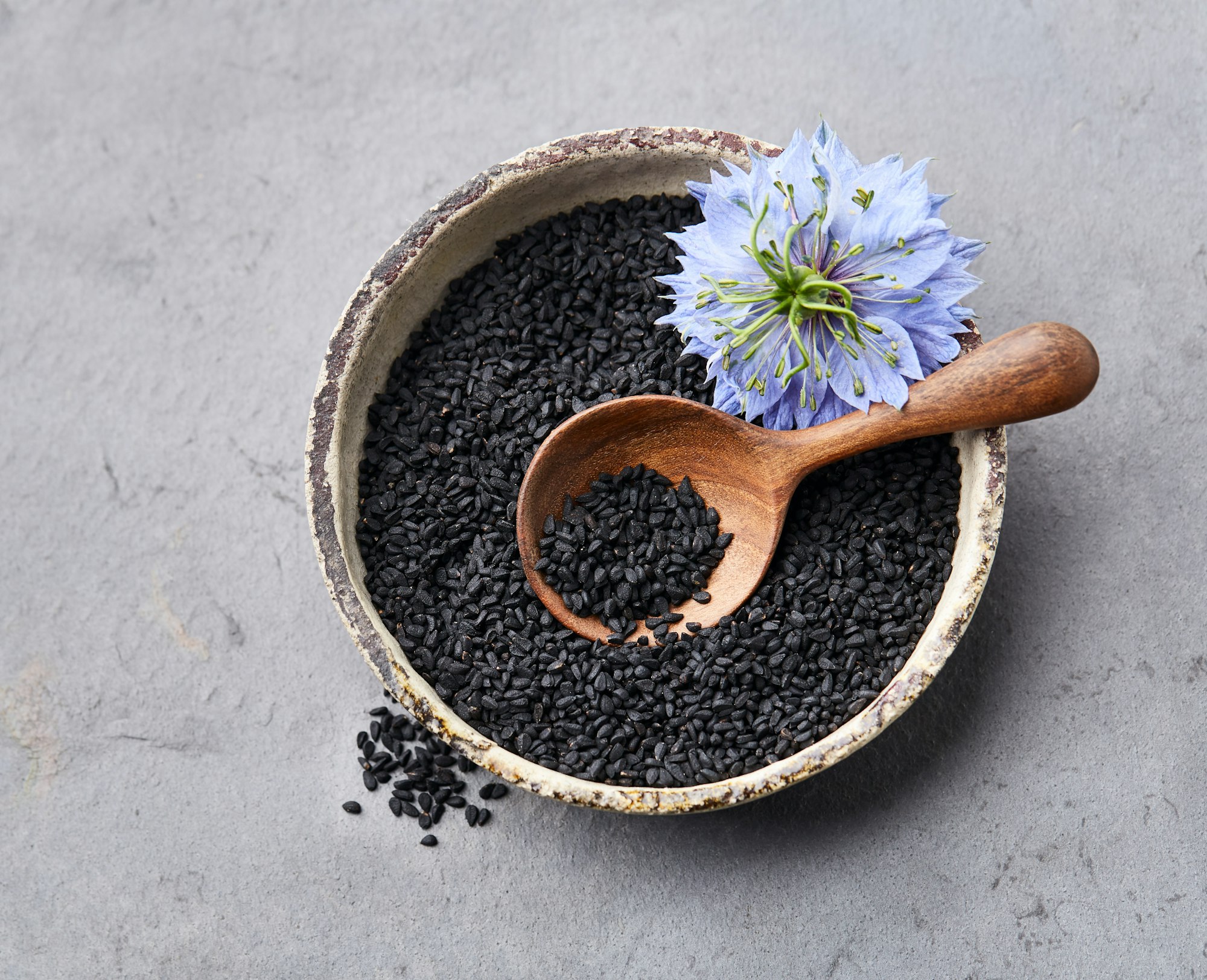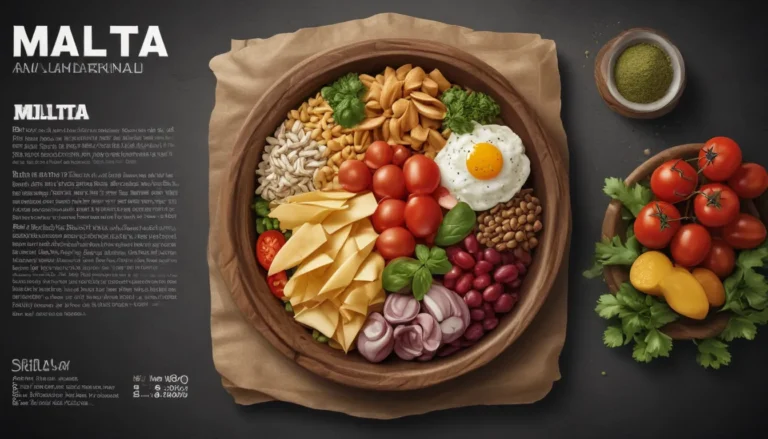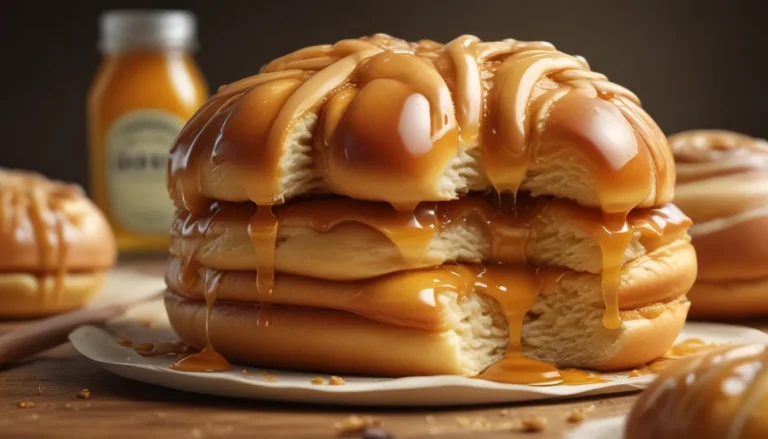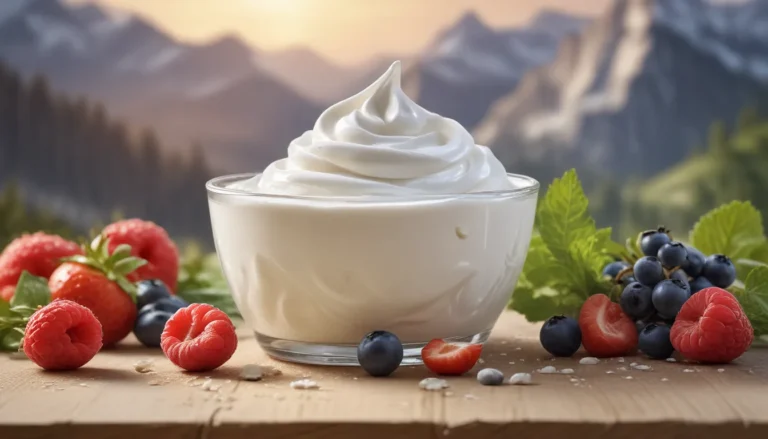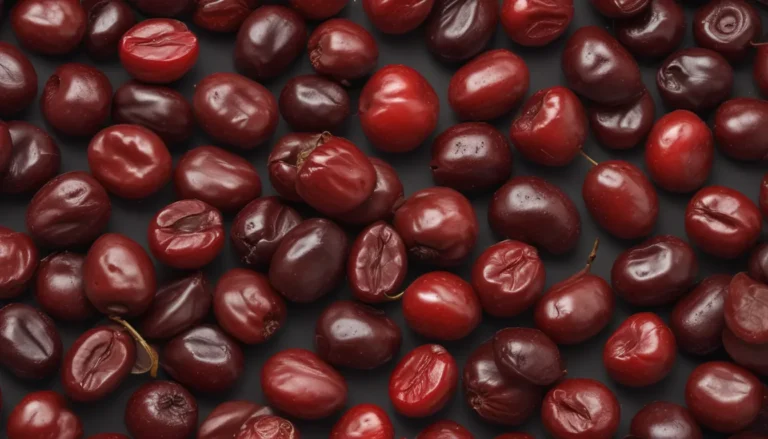The pictures in our articles might not always show exactly what the text is talking about. We use these images to make the article more interesting and eye-catching. They are there to add to the text, but not to replace it or show every detail.
Are you curious about those tiny black seeds you've seen sprinkled on bread or mentioned in exotic recipes? Well, get ready to dive into the captivating world of nigella seeds! These small but mighty seeds have been turning heads in kitchens and medicine cabinets for centuries. Let's uncover some interesting facts about nigella seeds that will make you see them in a whole new light.
1. What’s in a Name?
Nigella seeds go by many names, which can be quite confusing! You might hear them called:
- Black cumin seeds
- Kalonji
- Black onion seeds
- Black sesame seeds (though they're not related to sesame at all!)
Despite the variety of names, they all refer to the same tiny black seed from the Nigella sativa plant. This plant, native to Southwest Asia, produces small capsules that contain the prized nigella seeds.
Interestingly, the scientific name "Nigella" comes from the Latin word "niger," meaning black, referring to the seed's color. So, next time you're recipe hunting or shopping for spices, keep an eye out for these aliases!
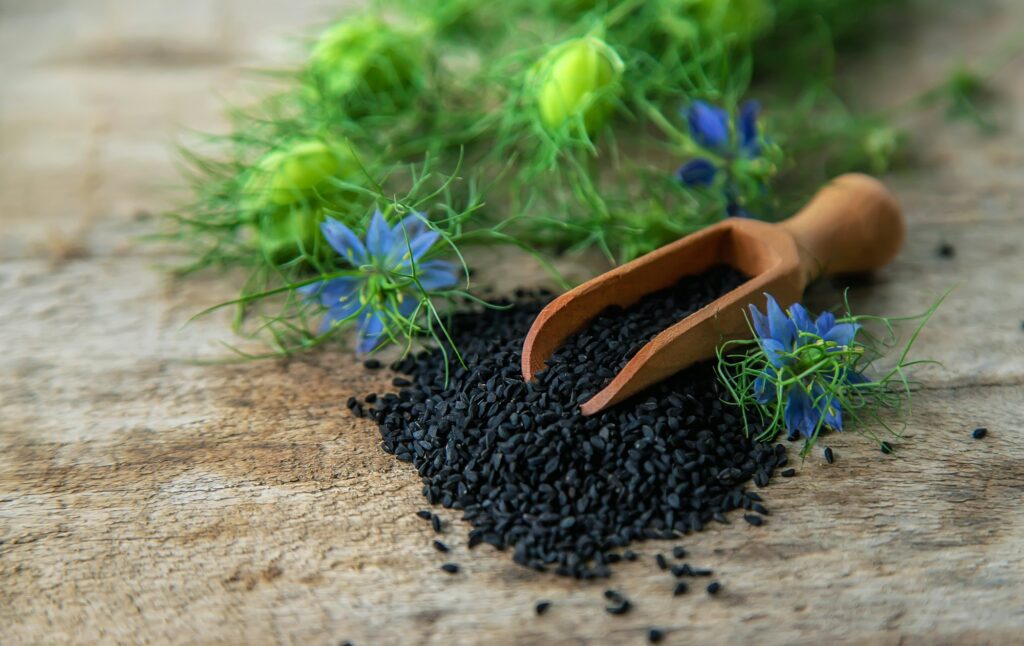
2. A Pinch of History
Imagine walking through the markets of ancient Egypt or flipping through the pages of the Bible. Guess what? You'd find mentions of nigella seeds! These little black gems have been valued for thousands of years, playing significant roles in various civilizations.
In ancient Egypt, nigella seeds were so prized that they were found in Tutankhamun's tomb. Talk about a royal seal of approval! The famous Egyptian pharaoh believed these seeds were important enough to take with him to the afterlife.
They've also been mentioned in religious texts, including the Bible, where they're referred to as "black cumin." In Islamic tradition, the Prophet Muhammad is said to have described black seed as a cure for every disease except death, highlighting its perceived importance in traditional medicine.
3. Not Just a Pretty Face
Don't let their small size fool you – nigella seeds pack a flavor punch! Their taste is a unique blend of:
- Slight bitterness
- Nuttiness
- Hints of oregano
- A touch of black pepper
This complex flavor profile makes them a favorite among chefs and food enthusiasts. It's like having a whole spice rack in one tiny seed!
The aroma of nigella seeds is equally intriguing. When toasted or heated, they release a warm, slightly smoky scent that can add depth to any dish. Some people even describe their scent as a mix between onions and nuts, contributing to their nickname "black onion seeds."
4. Culinary Chameleon
Nigella seeds are incredibly versatile in the kitchen. They can transform dishes from ordinary to extraordinary with just a sprinkle. Here are some ways you can use them:
- Topping for bread: Add a crunchy texture to your homemade loaves
- Salad enhancer: Sprinkle on salads for an extra flavor kick
- Curry companion: Stir into curries for depth and aroma
- Stew superstar: Add to stews for a subtle, complex flavor
- Pickle perfector: Include in pickling spices for added zing
- Yogurt booster: Mix into yogurt for a unique breakfast twist
From Middle Eastern flatbreads to Indian curries, these seeds have found their way into diverse culinary traditions around the world. In Indian cuisine, they're often used in naan bread and spice blends like panch phoron. In Turkish cooking, they're sprinkled on simit, a circular bread similar to a bagel.
For a simple way to experience their flavor, try toasting a teaspoon of nigella seeds in a dry pan until they become fragrant, then sprinkle them over your next bowl of soup or roasted vegetables. You'll be amazed at how they elevate the dish!
5. Nutritional Powerhouse
Don't be fooled by their size – nigella seeds are nutritional giants! They're packed with:
- Essential fatty acids (omega-3 and omega-6)
- Fiber
- Vitamins (particularly B vitamins)
- Minerals (including iron, zinc, and copper)
- Antioxidants (especially thymoquinone)
This nutrient-rich profile makes them a popular choice for health-conscious individuals. It's like nature's multivitamin in seed form!
The high fiber content in nigella seeds can aid digestion and promote feelings of fullness, potentially supporting weight management efforts. Meanwhile, the essential fatty acids contribute to heart health and may help reduce inflammation in the body.
6. Traditional Medicine Marvel
Long before modern medicine, nigella seeds were used as natural remedies in various traditional healing practices. In ancient Ayurvedic and Islamic medicine, these seeds were believed to have therapeutic properties for:
- Digestive issues
- Respiratory conditions
- Overall well-being
- Skin ailments
- Headaches and migraines
In traditional medicine systems, nigella seeds were often ground and mixed with honey or incorporated into teas. Some cultures even used nigella seed oil topically for skin conditions or as a hair treatment.
While more research is needed to confirm these benefits, the historical use of nigella seeds in traditional medicine is fascinating and points to their potential as a natural health aid.
7. Modern Health Potential
Modern science is catching up with traditional wisdom, and researchers are exploring the potential health benefits of nigella seeds. Some areas of interest include:
- Anti-inflammatory properties: May help reduce inflammation in the body
- Immune-boosting effects: Potentially supports a healthy immune system
- Heart health: Some studies suggest they may support cardiovascular health
- Blood sugar regulation: Early research indicates potential benefits for diabetics
- Antioxidant action: May help protect cells from damage caused by free radicals
The compound thymoquinone, found in nigella seeds, is of particular interest to researchers due to its potential antioxidant and anti-inflammatory properties.
While these findings are promising, it's always best to consult with a healthcare professional before using nigella seeds for medicinal purposes. Remember, they're a complement to, not a replacement for, modern medical treatments.
8. Cultural Significance
Nigella seeds aren't just about flavor and health – they also hold cultural significance in many parts of the world. In some cultures, they're believed to:
- Offer protection against the "evil eye"
- Symbolize love and fertility
- Bring good luck and prosperity
In parts of the Middle East, it's common to see nigella seeds sprinkled around the threshold of a new home for protection and blessings. Some brides even incorporate the seeds into their wedding attire or bouquets as a symbol of fertility.
It's amazing how such a tiny seed can carry so much meaning across different cultures and traditions!
9. Garden Delight
Here's a fun fact for all you green thumbs out there – you can grow your own nigella seeds! The Nigella sativa plant is relatively easy to cultivate, making it a great addition to herb gardens.
To grow nigella:
- Sow seeds directly in the garden after the last frost
- Choose a sunny spot with well-draining soil
- Water regularly but avoid overwatering
- Harvest seeds when the seed pods turn brown and begin to open
Imagine stepping out to your backyard to harvest your own nigella seeds for your next culinary creation! Plus, the Nigella sativa plant produces beautiful blue or white flowers, adding visual appeal to your garden.
10. Beyond the Kitchen
While nigella seeds are primarily known for their culinary uses, they've found their way into other products too. Some innovative uses include:
- Skincare products: For their potential antioxidant properties
- Hair care treatments: Some believe they promote hair health
- Aromatherapy: The oil extracted from nigella seeds is used in some aromatherapy practices
- Natural pest control: Some gardeners use nigella seeds to deter pests
It seems these versatile seeds are determined to make their mark beyond our dinner plates!
Embracing the Magic of Nigella Seeds
From ancient tombs to modern kitchens, nigella seeds have certainly made their mark on human history and culture. Whether you're a culinary enthusiast, a health-conscious individual, or simply curious about new ingredients, nigella seeds offer a world of exploration.
So, the next time you spot these tiny black seeds, remember – you're looking at a piece of culinary history, a potential health ally, and a flavor powerhouse all rolled into one. Why not pick up a packet and start your own nigella seed adventure? Your taste buds (and possibly your health) will thank you!
Whether you sprinkle them on your morning toast, add them to your favorite curry, or simply admire their rich history, nigella seeds are sure to add a dash of intrigue to your culinary world. Happy exploring!
